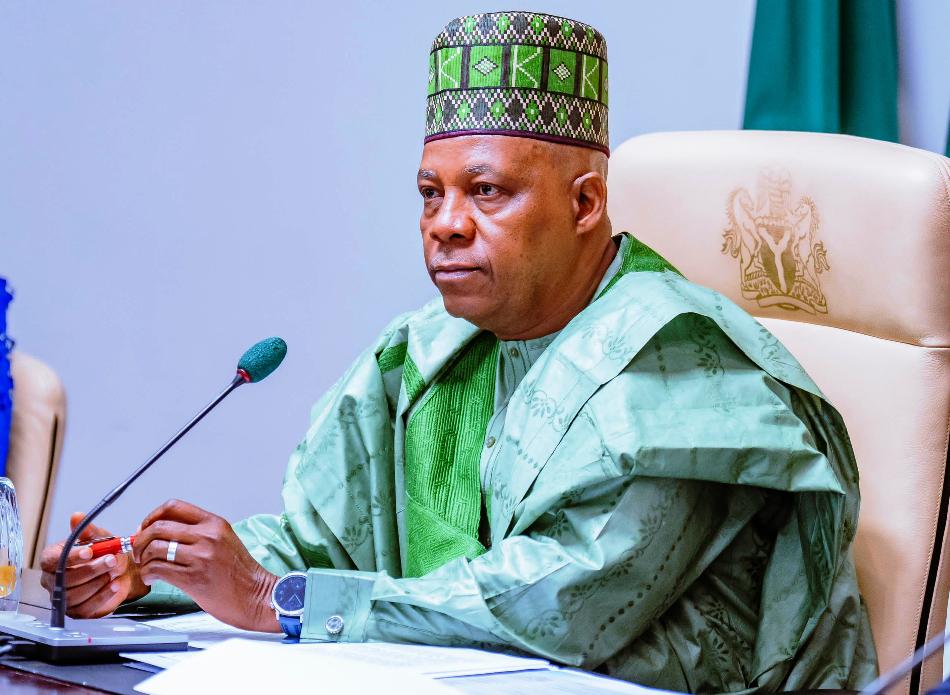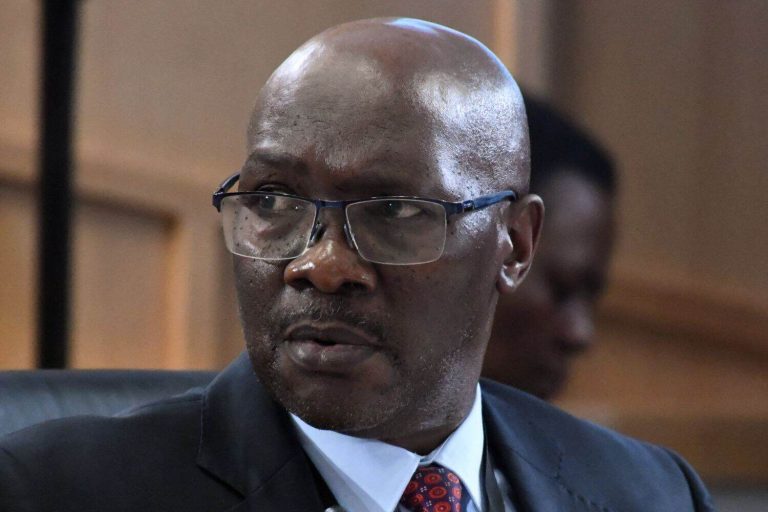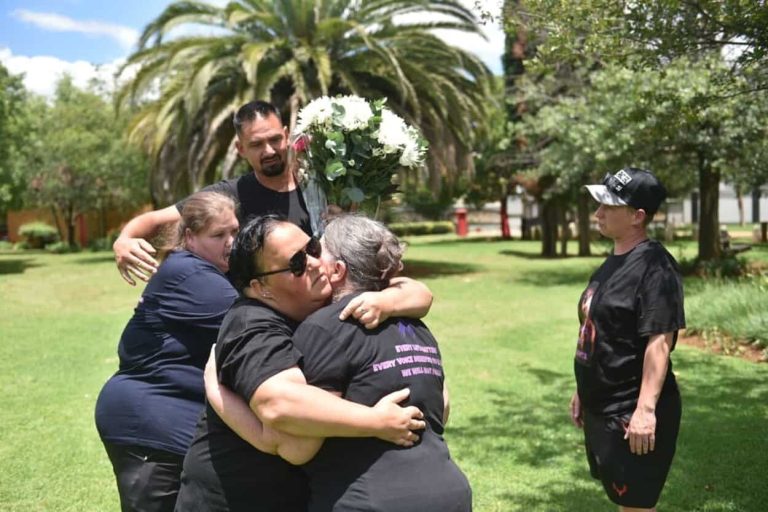
The Federal Government has called for increased investment in disaster preparedness and resilience mechanisms to reduce the impact of disasters in the country.
The government made the call on Monday at the 2025 International Day for Disaster Risk Reduction in Abuja, themed “Fund resilience, not disaster.”
The event also featured the unveiling of the National Emergency Management Agency Strategic Plan (2025–2029) and the National Disaster Risk Reduction Strategy (2025–2030).
The NEMA Strategic Plan and NDRRS are anchored on risk-informed development, innovation in financing, and stronger institutional collaboration, ensuring that disaster risk management becomes an integral part of planning across all sectors.
Over the years, Nigeria has continued to experience recurring floods, erosion, drought, and other climate-related emergencies that have destroyed farmlands, displaced thousands, and strained public resources. This growing vulnerability underscores the need for proactive measures and sustainable financing mechanisms to strengthen preparedness and build national resilience.
Speaking at the event, Vice President Kashim Shettima noted that it is wiser, cheaper, and more humane to prepare for disasters before they strike than to rebuild after they destroy.
Shettima said, “Every naira we spend today on preparedness saves many more tomorrow on response and recovery. Every investment in resilience is, in truth, an investment in the lives and futures of our people.
He stated that the government is strengthening state and local emergency management agencies through training, technology, and coordination support.
The VP also urged academia and research institutions to provide data-driven research for informed decision-making, and civil society to raise awareness and hold institutions accountable.
In her opening address, the Director-General of the National Emergency Management Agency, Zubaida Umar, called for a decisive shift from reactive disaster response to proactive resilience funding.
Umar said Nigeria, like many nations, continues to experience increasing frequency and intensity of disasters driven by climate change, conflicts, pandemics, and technological risks.
In his remarks, Governor Dauda Lawal of Zamfara State emphasized the need for sustainable funding mechanisms and highlighted the interconnection between peace, preparedness, and resilience.



